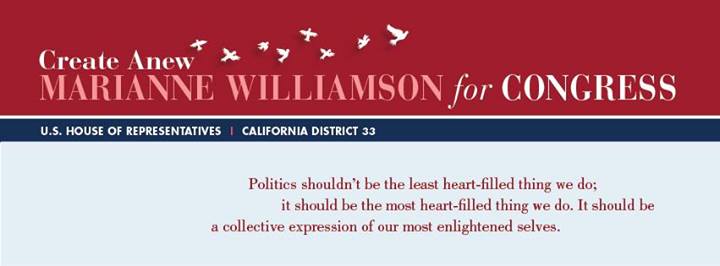“What is Right Livelihood?
“For most of us today, our identity hinges on what we do to make a living, and the search for meaningful work is becoming a concern for more and more of us. We want work that contributes to the individual and community welfare while doing no harm.
“In fold five [of the Buddhists’ Eightfold Path], “Right Livelihood”, we are encouraged to make our living only in ways that avoid deceit, treachery, trickery, and usury. Five occupations are specifically condemned: trading in arms, living beings, flesh, intoxicants, and poison. Obviously, anyone following the Eightfold Path cannot work in a munitions factory, a butcher shop, a liquor store, a pesticide company, a company whose wastes kill wildlife, a gambling hall, or a brothel. Hunting and fishing would also be prohibited. In short, a Buddhist practicing “right livelihood” can do no work that might hurt living beings or the environment.
“…Right Livelihood is not just a philosophical ideal. It is a practical, achievable reality. Finding and maintaining right livelihood does require regular, consistent action, but the steps are clear and the results immediate. Finding your own right livelihood depends primarily on getting in touch with your “beginner’s mind.” Mindfulness challenges us to stay with things as they are and to change our lives through action that harms no one. Working together, mindfully and compassionately, we can create a community in which all our livelihoods are “right.”
“…The underlying themes [throughout Mindfulness and Meaningful Work] are: (1) it is not necessary to sacrifice one’s true self in order to make a living and, therefore, (2) right livelihood can be a practical reality.”
Excerpted from “What is Right Livelihood” by Claude Whitmyer, in Mindfulness and Meaningful Work — Explorations in Right Livelihood, Claude Whitmyer, Ed. Parallax Press, 1994.


